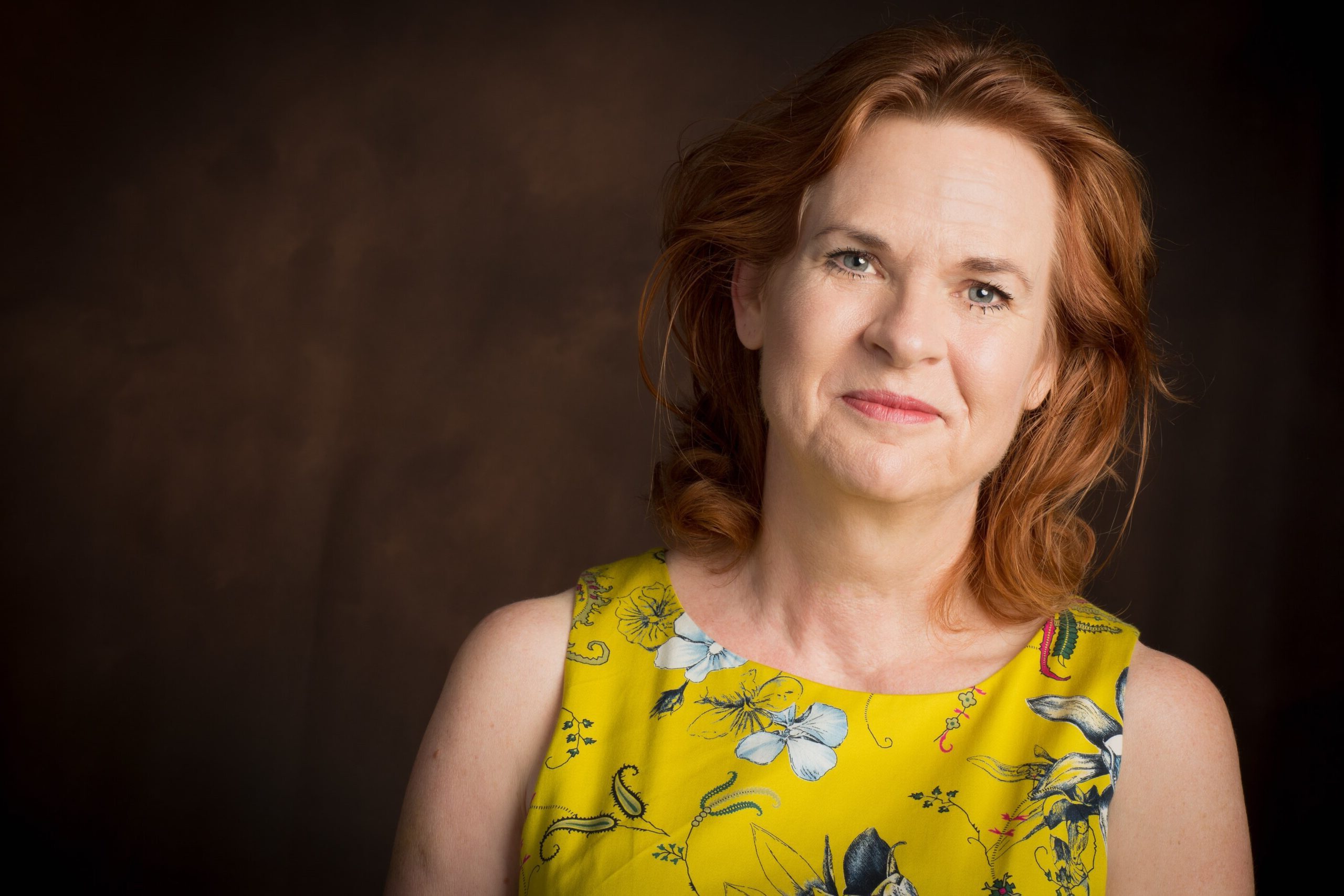How do you initiate conversations that make you uncomfortable and vulnerable?
When you’re hesitant to talk about conflict, it can be tempting to avoid the issue altogether, but that can have disastrous results.
As I leave my gym there’s a sign that catches my eye: ‘It Never Gets Easier, You Just get Better’. The same could be said of leading difficult conflict conversations, such as giving sensitive feedback to an employee, raising a performance concern, or even a sensitive personal matter between friends. Here’s a case study about the value of learning Conflict Confidence.
Audrey was the owner of a small legal practice with 3 lawyers and 4 administrative staff. For some time, she had been concerned about Eleni’s poor attitudes to her work and her relationships with the team. Eleni appeared to assume privileges and administrative staff were constantly complaining and overtly gossiping.
Audrey knew she should have spoken both with Eleni and the admin team directly, but she felt overwhelmed and upset, so she avoided these difficult conversations. She felt confused about what was the root of these problems and therefore hesitant to act. She wished ‘everyone could just get on together’, so she also got caught up in the gossip and blame-game.
The business impacts were mounting – filing going astray, court deadlines not met; in the waiting room, possibly even the clients could feel tension. Audrey felt guilty, Eleni was angry, and the admin team were resentful. Everyone felt they had been put in an awkward position by someone else. It was only a matter of time before some valued staff would resign.
Conflict Distress
In my work I have helped numerous businesses where a manager or leader repeatedly acts in ways that predictably will not work to resolve matters in a conflict situation. They recognise that their approach is not working, however their overpowering discomfort with conflict leads to avoidance. It feels easier to compromise, or perhaps try to get around the problem tangentially, than ask for professional advice and assistance.
The confidence to lead tricky, frank conversations is an essential skill. Only by understanding and managing your own emotional discomfort can you communicate openly with staff, colleagues, and clients about complicated, difficult issues. If you feel particularly defensive, (perhaps they push a button or two and you feel a little guilt), then it is very tempting to see the problem as the responsibility of the other – a deficit in their attitude, personality, or skills.
Whether you need to shift the group culture, manage conflict on a team, give a negative performance appraisal, voice disagreement with others, or offer an apology, it is critical to acknowledge your own conflict knowledge gap, and proactively deal with discomfort, (and sometimes fear), of conflict. Conflict distress is learnt in early life through difficult family dynamics and the vicissitudes of adolescence and is reinforced by the bruises and scars of failed adult negotiations.
I have developed The Conflict Confidence© Method to bring together the best research and evidence-based information from leading experts in psychology, resilience, mediation, negotiation, and relationship skills. The Conflict Confidence© Method teaches the 6 crucial skills for insightful and creative approaches to resolving conflicts and leading sensitive and successful conflict conversations. You need a set of complementary knowledge and skills to manage your emotions, including conflict distress.
The 6 Skills of Conflict Confidence©

1. Have Great Support to See the Different Stories
Audrey was anxious when we first met. She worked with me to learn to understand and manage her conflict distress. With this knowledge, Audrey gained new perspectives and confidence to improve her skills. Staff were relieved that Audrey had taken the initiative to seek advice; they were concerned by her high stress levels. They were hopeful their complaints might be resolved and the team go forward towards good working relationships.
- Voicing aloud your thoughts is the first check on your emotions. Accountability is required when we ask for support – it is not a whining session.
- Being story-driven creatures, it is easy to get caught up in your experiences, your ‘story,’ of the issues. It can be much more difficult to step back and see the perspectives and ‘stories’ of the others also involved in the problem.
- Always talk with a trusted person to sound out your perceptions and how you could approach starting a difficult conflict conversation. Talking through things helps identify where you may lack certain insights and are making unfounded assumptions.
- By stepping outside of your own narrative, you can more clearly see blind spots that limit understanding the intentions and meaning this conflict possibly has for the other person(s). You are more likely to lead a conversation where you successfully anticipate and prepare for the awkward, defensive or escalating moments, including your own.
2. Stick to Facts
Audrey learned to model the attitude of “I am accountable for my contribution to the problem” and “I am accountable to responsibly lead the resolution of these conflicts”. She acknowledged she had avoided the situation, had been unclear in her communication, and her expectations. Audrey then invited staff to consider their own personal contributions to conflicts and to take responsibility to acknowledge this.
- Because most people do not like conflict, irrationally, we are more likely to blame the other person for not getting it right with us, and therefore they have ‘caused’ the problem, or are ‘responsible’ for our choices about our behaviors. In doing so, we get stuck in fault finding and lost in past resentments.
- By taking responsibility for what you have contributed to the problem or mistakes you have made, you reduce defensiveness and can confidently stick to the important issues that need to be explored, rather than get sidetracked. When you model the behaviours you expect in the conversation and in the resolution of issues, you set the standard you will ask of the other. What do they see as their contributions to the problem? What can they contribute to positive change? What will they need to be able to achieve this?
3. Be Future Focused
Audrey challenged the culture of gossip and blame throughout the team. Audrey now considered conflict skills to be essential requirements for her staff and arranged for bespoke Conflict Confidence training and coaching for the team. She started to repair trust in the team by keeping the focus on how she wanted the team to grow in skills and by identifying what individual staff would contribute to solutions from this point on. Individual staff set personal goals for their own assertive communication skills to be achieved over the next 6 months.
In Difficult Conversations: How to Discuss What Matters Most, (Penguin Books, 2000), Stone, Patton, and Heen suggest that every challenging conversation also includes these three components that are all operating at the same time:
- the “What happened?” conversation,
- the “Emotional triggers” conversation, and
- the “Identity” conversation.
4. Be More, Do Less: Separate Impact from Intention
Audrey told Eleni she didn’t intend disrespect for Eleni or her work; she wanted her to raise her attention to detail and deadlines. She thought Eleni disliked being given extra cases. Surprised, Eleni explained that she sometimes avoided taking on additional work simply because she was committed to meeting her own high-quality standards. Audrey coached Eleni to set more realistic standards and to negotiate more effectively with other staff.
- This is the “What happened?” conversation. The substance of the discussion is focused on separating impact from intention.
- In the book, the authors write that someone’s message may make you feel indignant or bewildered. But before reacting, check with the other person to see what their intention was. What seems crystal clear to you may look very different to someone else.
- Being more present and mindful in conflict conversations allows you to listen first, and softens our tendencies to second-guess motives, (usually based on our own ‘stories’).
5. Manage Your Emotions: Know Your Emotional Triggers
Audrey might be feeling anger with or even feeling intimidated by Eleni, and also frustrated with herself. Eleni may be feeling hurt, misunderstood, and disappointed. The administrative may have felt ignored and dismissed because there seemed to be no action from their complaints. Audrey now understood the important role that emotions played in each person’s experience of the office tensions and explored ways to acknowledge this.
- Misunderstandings and poor behaviours are inevitable when your emotions are not well managed.
- Effective conflict communication increases when everyone recognises their emotions are to be handled responsibly.
- Working relationships can improve as individuals see some emotional distress is historical, linked to past conflicts.
- Empathy grows as you gain insight that others also experience complex and competing feelings at any given time.
6. Do you need to change your Story? Challenges to Identify, Beliefs and Values
Audrey still had a few nights of interrupted sleep while she thought through how to implement all these changes, but she knew she was on the right path. She worked hard to articulate and reinstate a values-led business culture, and in doing so, she challenged her outdated negative self-beliefs. Eleni now understood that some of her assumptions about workplace hierarchy didn’t fit with Audrey’s business vision. As a result, Eleni confronted her sense of being a victim and learnt more assertive, respectful communication skills. Individual administrative staff welcomed the opportunity to add their ideas to improve business systems. Audrey opened discussions about new career pathways that energised the team.
- Stone, Patton, and Heen note that identity issues “often underlie what concerns us most during difficult conversations,” including questions such as, “Am I competent? Am I a good person?”
- It is essential to consider what this conflict represents to you personally. Ask yourself, even before you begin, whether this conversation has the potential to challenge how you view yourself.
- Importantly, consider also how the other person’s self-image might be impacted as well.
- Your conflict distress can be mitigated, and you can grow wiser, embracing the creative potential of disagreements and disputes.
Just like with exercise, we can all feel a little resistance to the energy required to manage conflict, make excuses, and avoid investing energy in what’s good for us. But the benefits are obvious.


